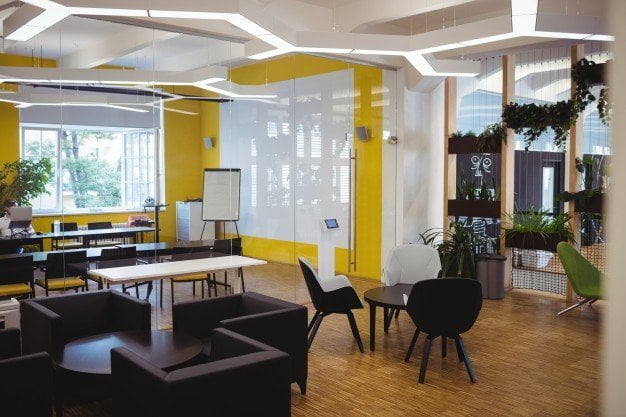The Map to Arriving at the Perfect Office for Your Small Business
by Mashum Mollah Small Business Published on: 25 July 2019 Last Updated on: 17 December 2020

Deciding to start a small business is a wonderful decision and deserves accolades. However, when it comes to the issue of finding the right office, both startups and already established companies find it really cumbersome. The reason for this is that the wrong office can affect the patronage of customers and can also devastate the productivity of the workforce.
Well, we don’t want you loitering in gloom over a failed business owing to the wrong choice of office space. Hence, we will be holding your hands and walking you through some of the fundamental prerequisites for renting that ideal office for your business.
So here is what you should consider:
1. Where will your office be situated?
Most established entrepreneurs and captains of industries have discovered that location is inarguably the most crucial factor that the life of your business depends on.
When choosing the location to site your office, you have to consider the distance between the office and where you and your staff reside. After that, you should appraise nearness to your operational needs, including stationery, labor, and market.
More so, it would help if you also weighed the dynamics of the neighborhood. How safe is it? Does it have a corporate setting? How many similar small businesses are there to compete with you? Are there parking facilities? Are there facilities for food and drinks for both you and your employees?
You should have answers to these questions before finally making your choice.
2. Let us talk rent:
This is another very important factor that determines which office you can get. You need to consult your local property agents or realtors for information about what each office space goes for.
It’s important that you take one that falls within your budget while meeting your business needs and goals at the same time.
The location of the neighborhood is a factor of the rent payable.
If you’re looking for office space in Chicago for instance, you should consider cheap neighborhoods like Uptown, South Shore, Rogers Park, and North Park instead of expensive ones like Streeterville, The Loop, West Town, River North, and South Loop.
3. The building in particular:
When it comes to the building, you need to check its condition. Is it new or old? Does it represent the kind of image you want for your small business? Does it conform to the necessary health and safety requirements for all office space Chicago for instance?
Are there facilities for easy entrance and exit – especially lifts and access for disabled persons? Is the building likely to be brought down to make room for further development of the city?
You can get answers to these questions through physical inspection, by enquiring from your local agent or realtor, or by scheduling a meeting with the owner.
4. Office Space:
This is where you actually carry out your business. You need to be sure that it’s spacious enough for your workforce and customers. Does it have a therapeutic and relaxing view of the city? Does it have enough sanitary conveniences, possibly a kitchen, and store? More importantly, does it really make you proud and happy?
The bottom line is that your office must meet these requirements. If you can’t afford a space that precisely meets them, you may need to consider sharing an office with a complimentary small business.
Read Also:







































































































